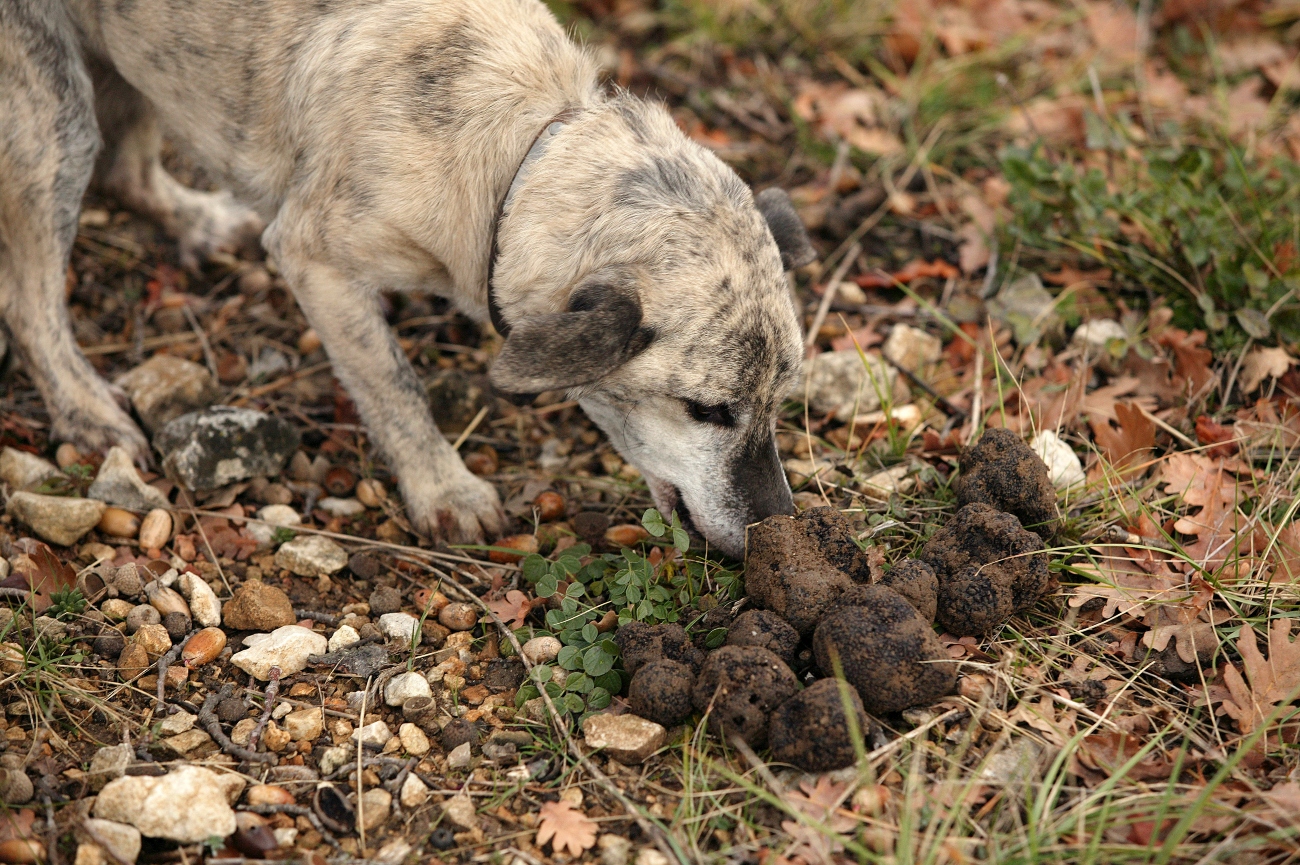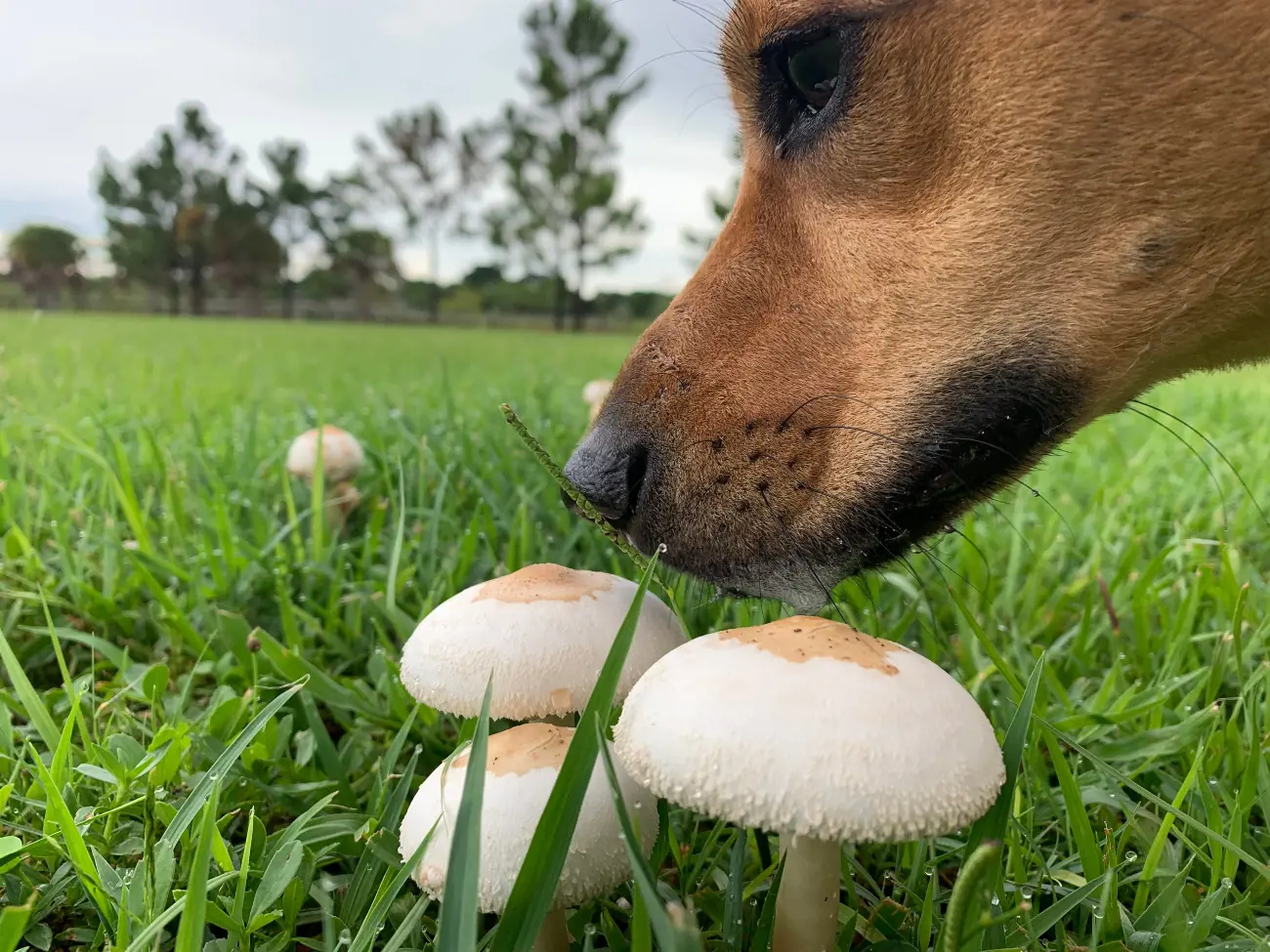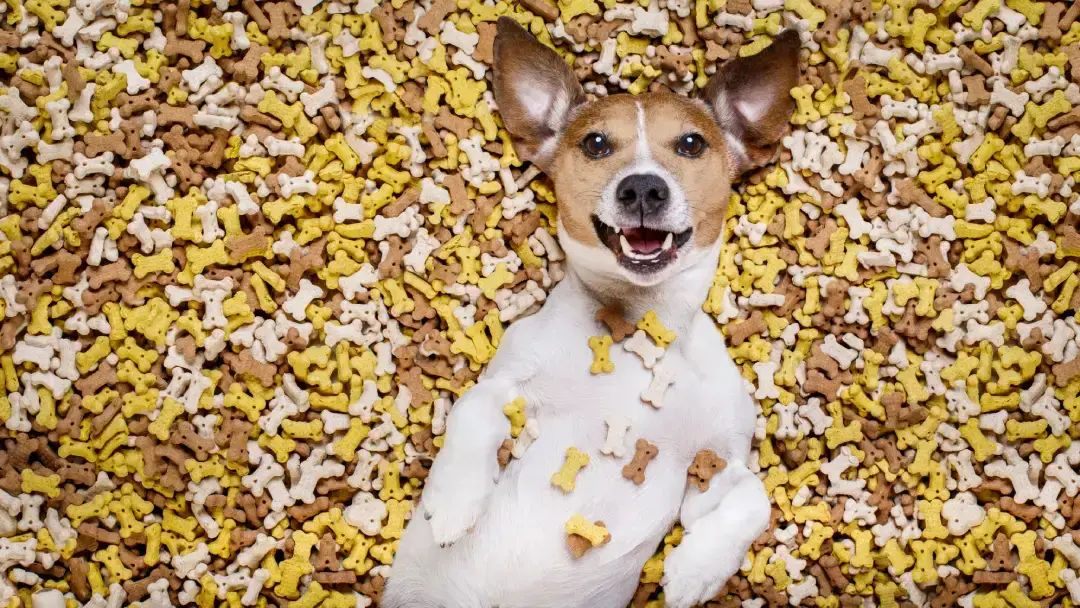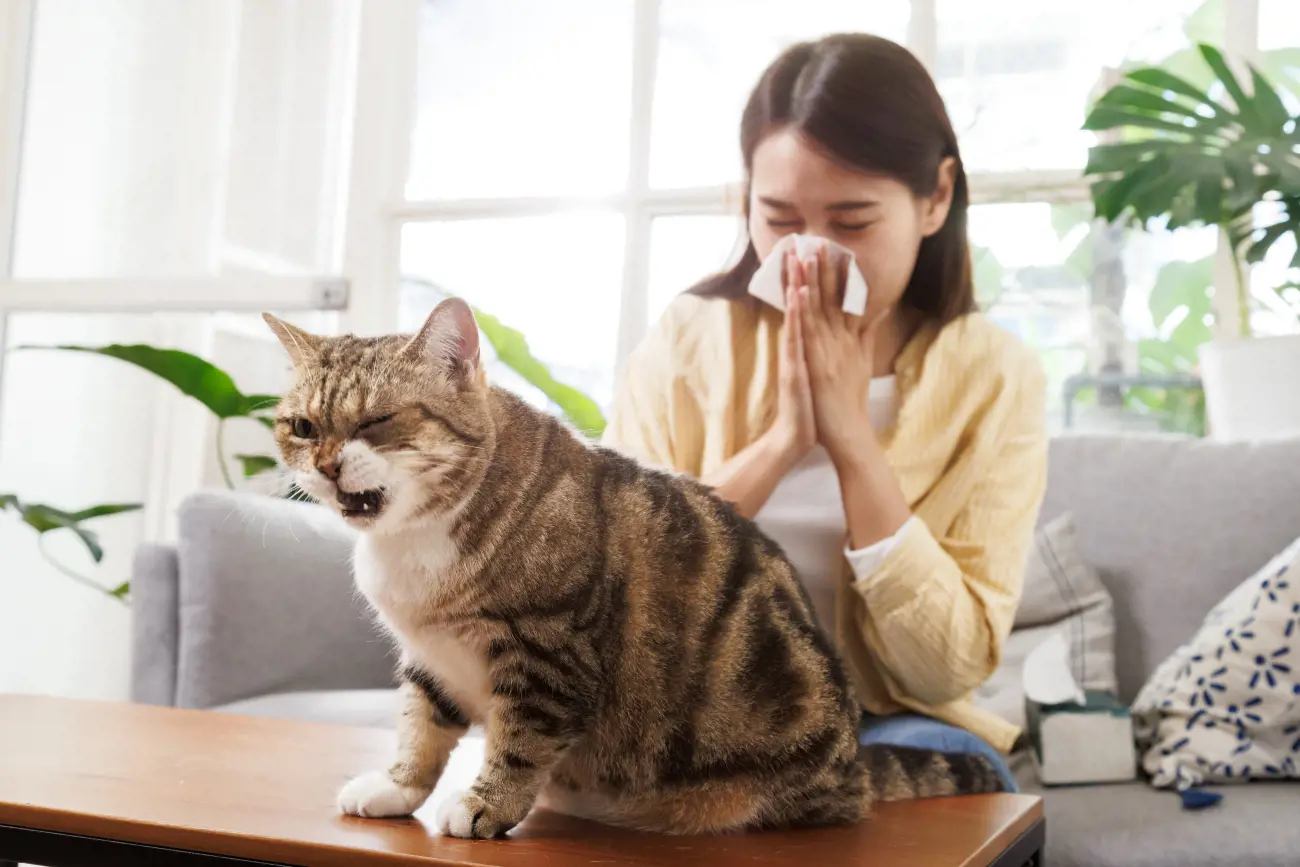If you suspect or witness your dog consuming wild mushrooms, do not hesitate – seek emergency veterinary care immediately. Time is of the essence in such situations, as prompt intervention can significantly improve the chances of a successful recovery.
Here are the critical steps to take:
1. Gather evidence
If possible, try to collect a sample of the wild mushroom your dog ingested. Carefully place it in a damp paper towel or a paper bag to preserve its condition.Take photographs of the wild mushroom from various angles, as these visual aids can assist in identifying the species.
Call your veterinarian or the nearest emergency animal hospital and inform them of the situation. Provide them with as much detail as possible, including the approximate time of ingestion, any symptoms your dog is exhibiting, and any information you have about the mushroom ingested.
3. Follow veterinary instructions
Your veterinarian may advise you to induce vomiting or administer activated charcoal to help reduce the absorption of toxins. However, it's important to follow their guidance carefully, as improper handling can further complicate the situation.
Depending on the severity of the case, your veterinarian may recommend bringing your dog to the clinic or animal hospital for further evaluation and treatment. Do not delay in seeking professional medical care, as timely intervention can be life-saving.
Veterinary diagnosis and treatment
Upon arrival at the veterinary facility, your dog will undergo a thorough examination, including blood tests, urinalysis, and potentially more advanced diagnostic procedures. The veterinary team will work diligently to identify the specific mushroom species involved and determine the appropriate course of treatment.
Unfortunately, there is no universal antidote for mushroom poisoning, as the treatment protocol varies depending on the type of toxin present. However, supportive care measures such as intravenous fluid therapy, anti-nausea medications, and liver and kidney supportive treatments may be employed to manage the symptoms and prevent further complications.
In severe cases, your dog may require hospitalisation for close monitoring and intensive care until the toxins have been eliminated from their system.
Prevention is key

While accidents can happen, taking proactive measures to prevent poisonous mushrooms being ingested can go a long way in safeguarding your pet's well-being. Here are some practical tips to consider:
-
Mushroom identification: Educate yourself on the various mushroom species found in your local area, particularly those known to be toxic to dogs. The ability to recognise and avoid potentially harmful fungi can be invaluable.
-
Garden maintenance: Regularly inspect your garden for any mushroom growth, and promptly remove any suspicious fungi you encounter. Proper disposal is crucial to prevent spore dispersal.
-
Leash walking: When out on walks, keep your dog on a leash and closely supervise their activities, preventing them from sniffing or consuming unknown substances.
-
Dog training: Reinforce the "leave it" command with your dog, teaching them to ignore and avoid potentially hazardous items they may encounter during outings.
Remember, while mushroom poisoning can be a terrifying experience, prompt action and veterinary care can significantly improve the chances of a positive outcome. By staying vigilant, educating yourself, and fostering a close relationship with your veterinarian, you can help ensure the continued health and well-being of your beloved canine companion.





